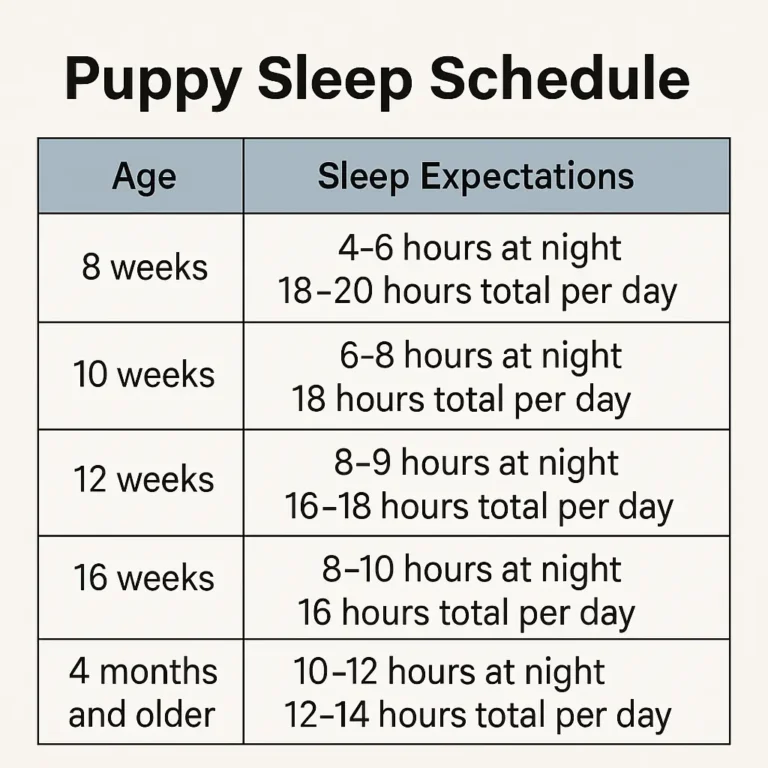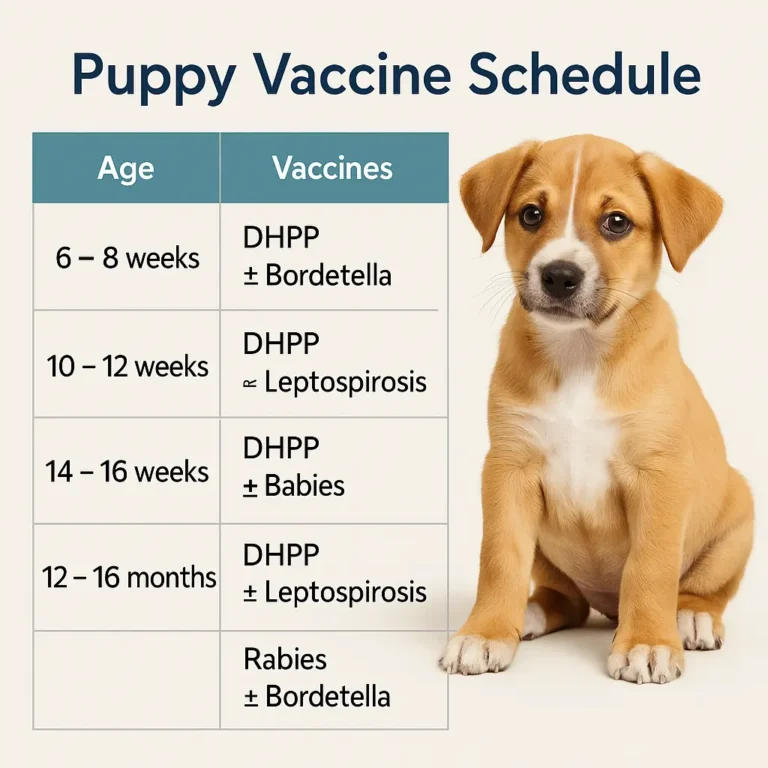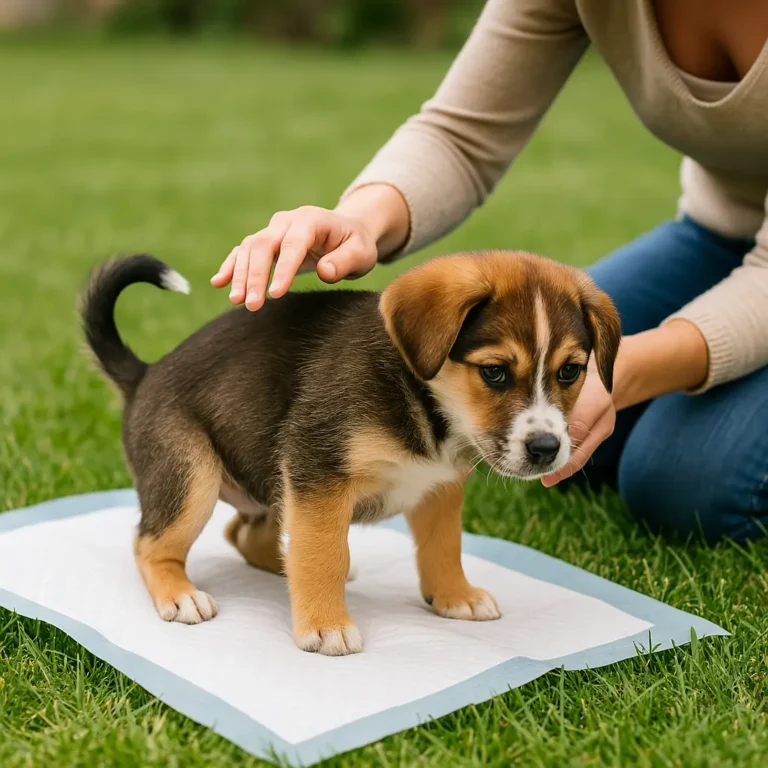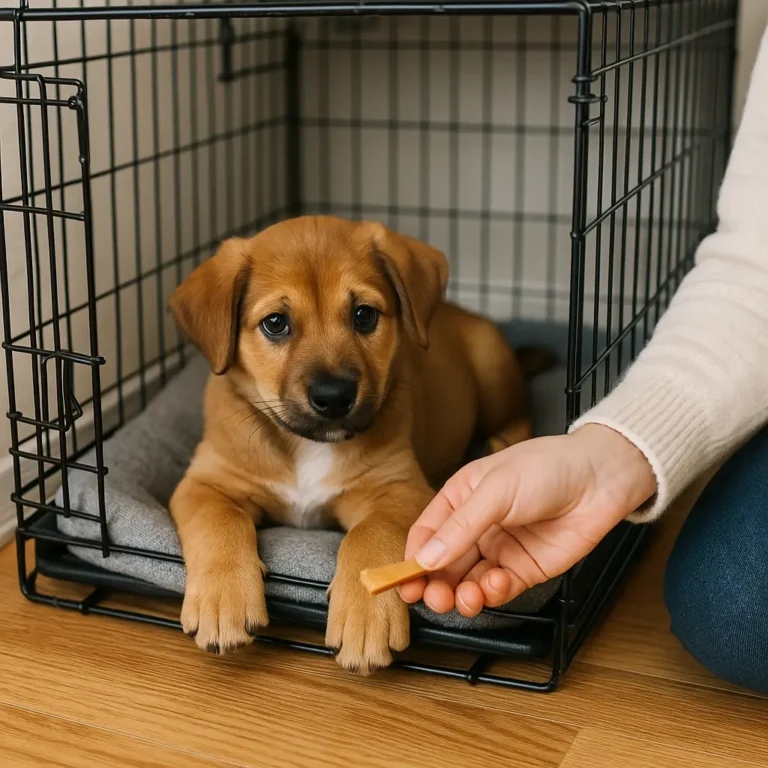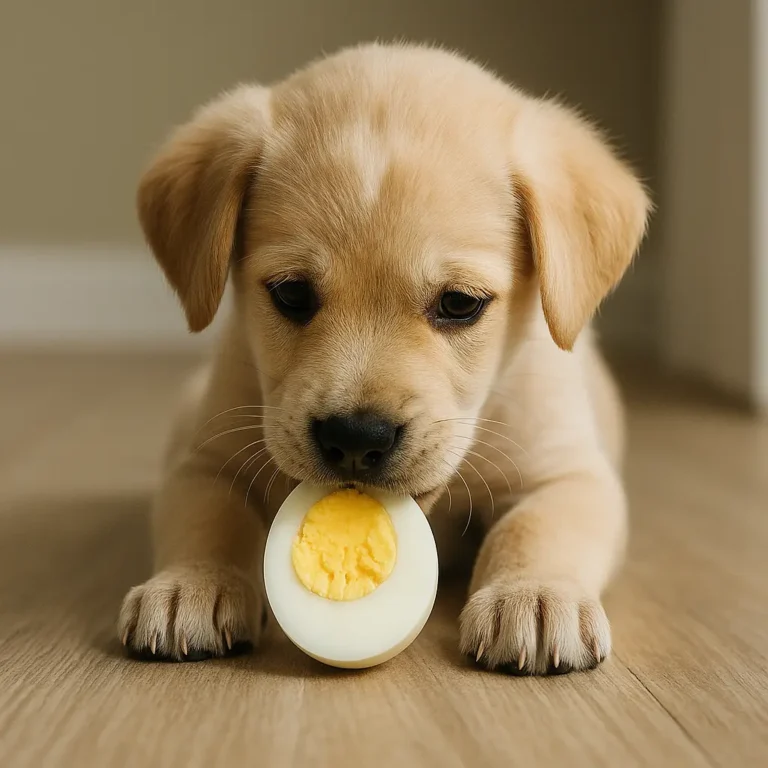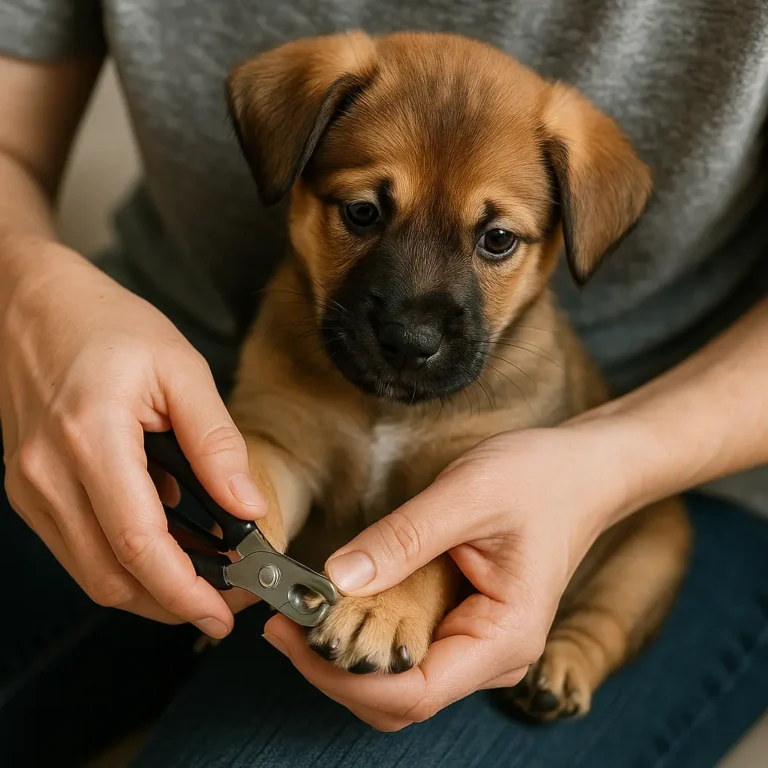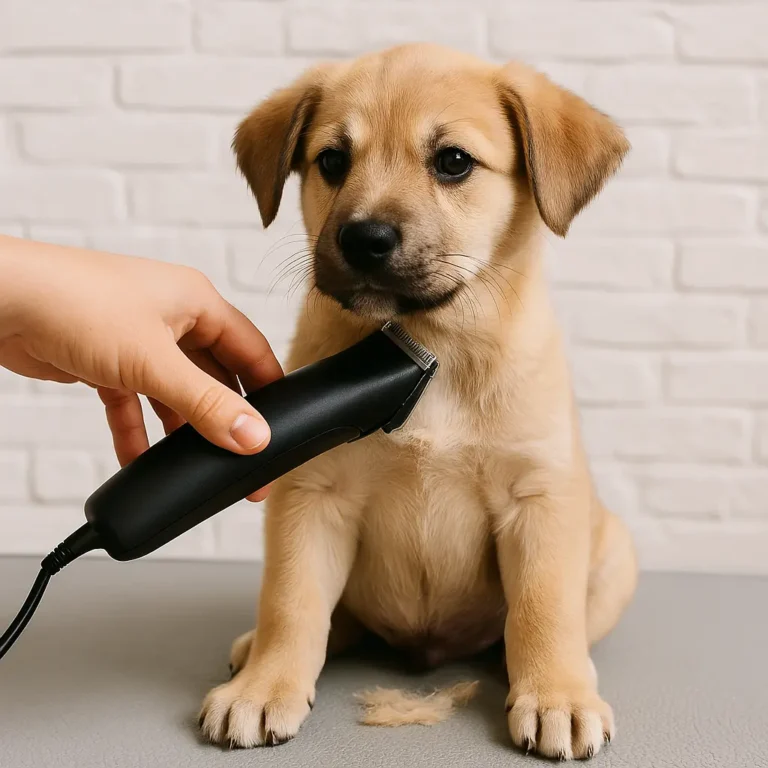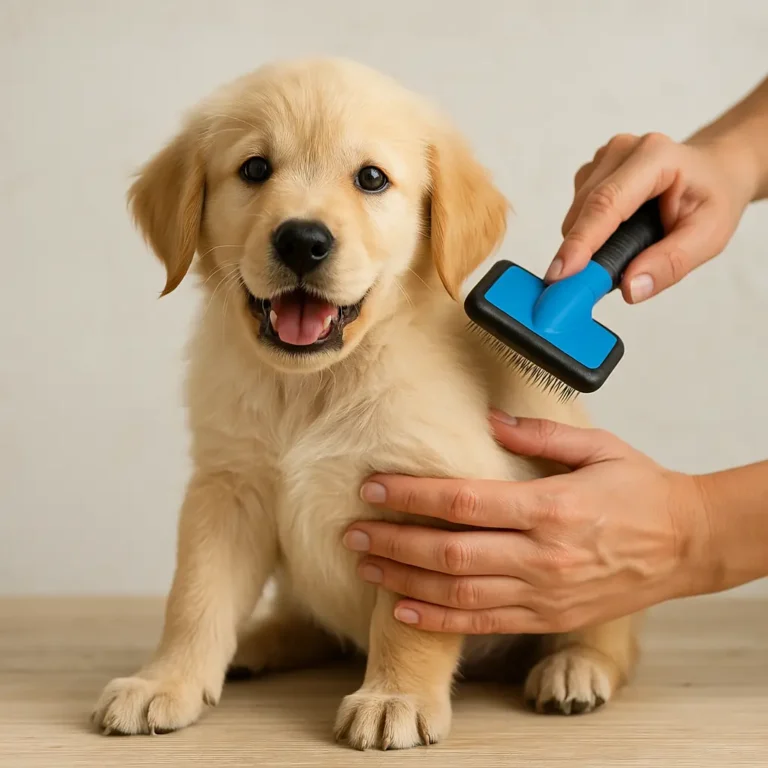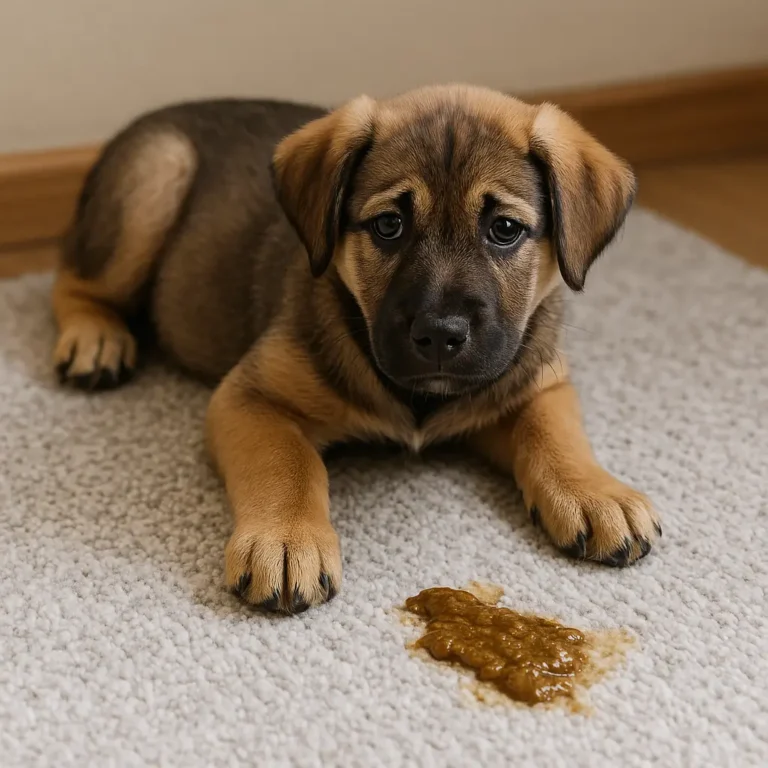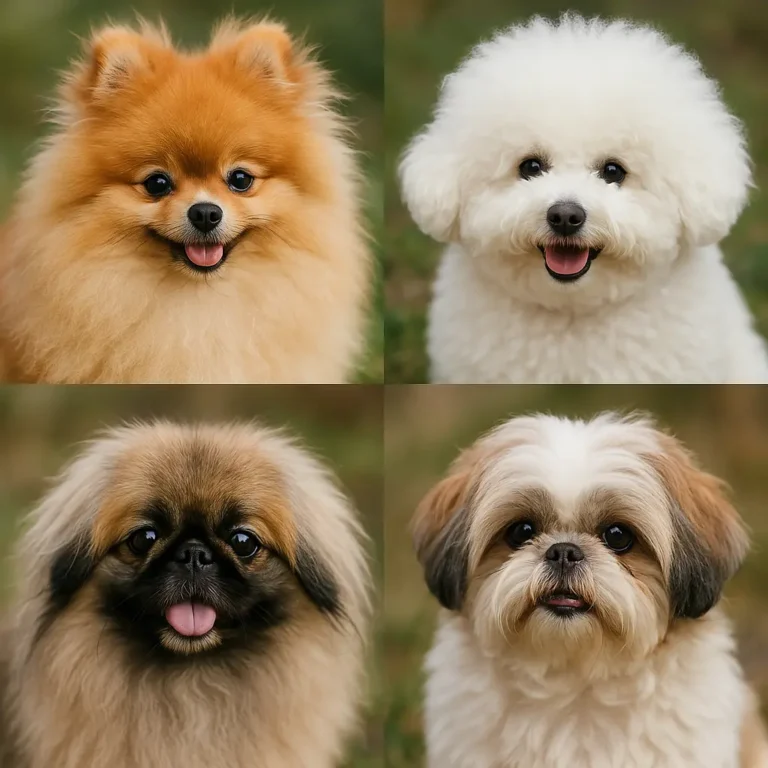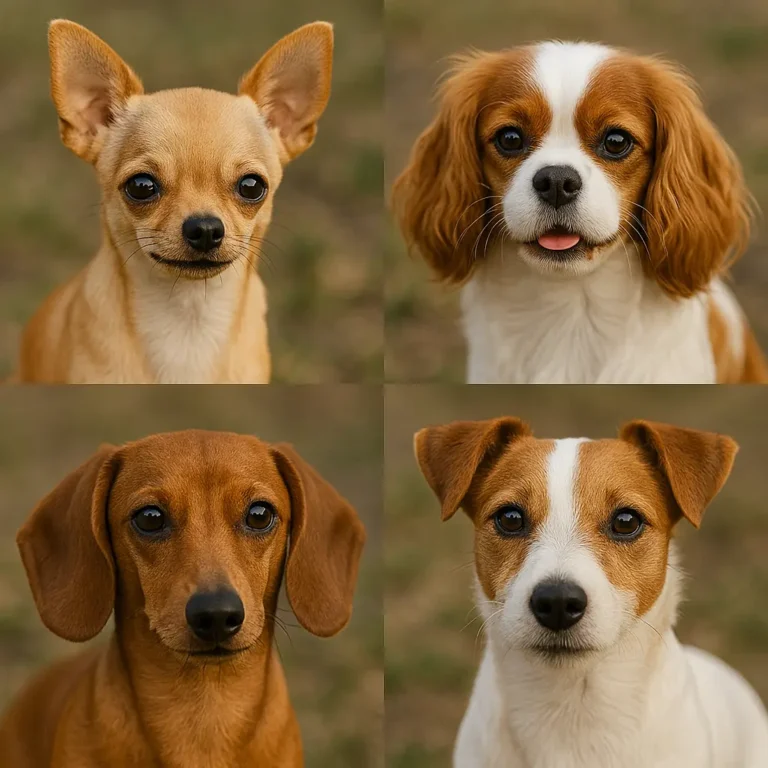Miniature Pomeranian
Miniature Pomeranian: The Ultimate Compact Companion
The Miniature Pomeranian is a delightful toy dog breed loved for its fluffy coat, vibrant personality, and affectionate nature. These tiny dogs weigh between 3-7 pounds and stand around 6-7 inches tall, making them perfect lap companions. Despite their small size, they have a bold and energetic demeanor, often acting as if they are much larger than they are.
Their lively and playful attitude makes them excellent pets for families, singles, and seniors alike. Due to their intelligence, Miniature Pomeranians are quick learners and excel in obedience training. However, their independent streak may require a firm yet gentle hand in training.
These tiny bundles of joy thrive in apartment living but still need daily exercise to stay happy and healthy. If you’re looking for an affectionate, intelligent, and highly trainable small breed, the Miniature Pomeranian is an excellent choice.
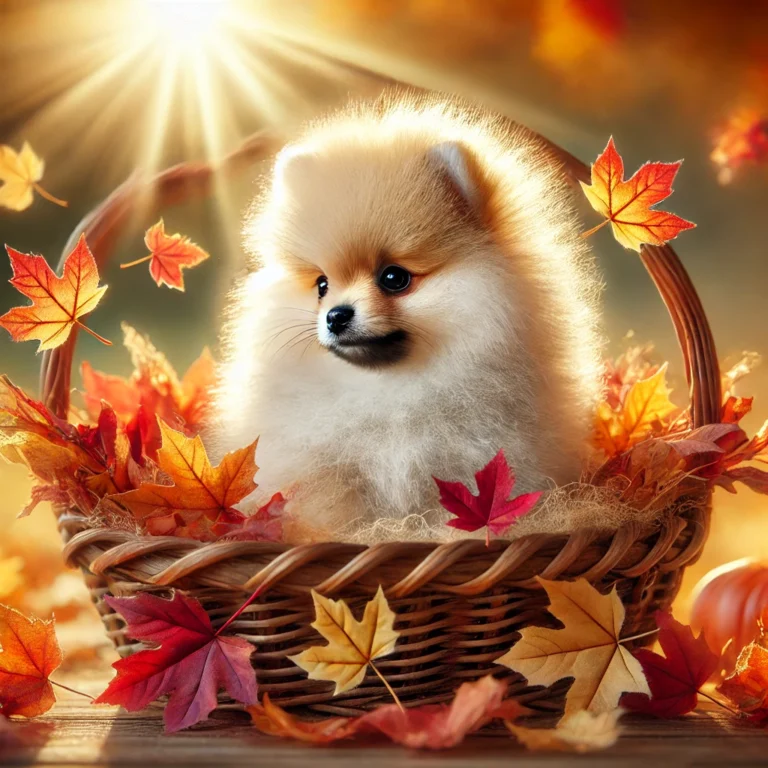
Adorable Miniature Pomeranian Puppies: What to Expect
Miniature Pomeranian puppies are playful, energetic, and incredibly charming. These tiny furballs require early socialization to ensure they grow into well-behaved adult dogs. They are highly affectionate and quickly form strong bonds with their owners.
When bringing home a Miniature Pomeranian puppy, ensure you have a safe space with plenty of toys to keep them entertained. Their small size makes them fragile, so gentle handling is essential. They are curious and love exploring, so training should begin early. With proper care, training, and love, a Miniature Pomeranian puppy will grow into a confident and friendly companion.
Breed Traits
Small-sized with a fluffy double coat Intelligent and easy to train Loyal and affectionate towards their owners Playful, energetic, and friendly Prone to separation anxiety if left alone too long
With proper care, Miniature Pomeranians have a lifespan of 12-16 years. Providing a nutritious diet, regular exercise, and routine vet visits ensures they live a long and healthy life.
A Miniature Pomeranian typically stands between 6-7 inches tall at the shoulder. Their compact size makes them ideal for small homes and apartments, but they still need space to play.
The average Miniature Pomeranian weighs between 3-7 pounds. Maintaining a healthy weight is crucial to prevent obesity-related health issues, so a balanced diet and daily exercise are essential.
Miniature Pomeranians adapt well to apartment living but thrive in homes with plenty of interaction. They need moderate exercise and prefer warm climates, as their thick fur makes them sensitive to cold.
Breed Characteristics
Thick, fluffy double coat in various colors Fox-like face with bright, expressive eyes High-energy personality despite their small size Requires regular grooming due to shedding Intelligent and easy to train
Miniature Pomeranians make excellent family pets, especially for older children who can handle them gently. They are loyal and thrive in households where they receive plenty of attention and companionship.
A Miniature Pomeranian has a dense, fluffy coat, small pointed ears, and a curled tail. Their tiny, compact body gives them an adorable and fox-like appearance, making them incredibly appealing.
These tiny dogs are social and enjoy interacting with humans and other pets. However, early socialization is crucial to ensure they are friendly, as they can sometimes be wary of strangers.
Despite their small size, Miniature Pomeranians are highly energetic, alert, and full of personality. They are confident, playful, and always ready for adventure, making them excellent companions for active families.
Miniature Pomeranian Training Tips for a Well-Behaved Pet
Training a Miniature Pomeranian requires patience, consistency, and positive reinforcement. They are intelligent and eager to learn, but their independent nature may cause occasional stubbornness.
Start training early with basic commands like “sit,” “stay,” and “come.” Socialization is key to preventing excessive barking and timid behavior. Reward-based training works best, as Miniature Pomeranians love treats and praise. Crate training is also recommended for housetraining.
Due to their small size, avoid harsh training methods, as they respond better to encouragement. With the right training approach, your Miniature Pomeranian will become a well-mannered, friendly companion.
Miniature Pomeranian History & Facts
The Miniature Pomeranian descends from the large sled dogs of the Arctic region. Over time, they were selectively bred down to their current toy size, becoming favorites among European royalty.
Queen Victoria played a significant role in popularizing the breed, particularly the smaller variety. Since then, their popularity has soared, making them one of the most beloved toy breeds worldwide.
Today, Miniature Pomeranians are adored for their affectionate nature, intelligence, and stunning coat. Their regal history and charming personality continue to make them a top choice for dog lovers everywhere.
Queen Victoria owned a Miniature Pomeranian, making the breed extremely popular among European aristocracy.
Their thick fur requires regular grooming to prevent tangles and excessive shedding.
Miniature Pomeranians often think they are much larger than they really are.
These little dogs are quick learners and excel in training.
They come in a wide range of colors, from orange and cream to black, blue, and merle.
Popular Miniature Pomeranian Mix Breeds
Miniature Pomeranians are often mixed with other small breeds to create adorable hybrids. Some popular Miniature Pomeranian mix breeds include:
Mini Pomsky (Miniature Pomeranian + Husky)
Pomchi (Miniature Pomeranian + Chihuahua)
Pomapoo (Miniature Pomeranian + Miniature Poodle)
Pomeagle (Miniature Pomeranian + Beagle)
Each mix inherits unique traits from both parents, making them diverse in temperament and appearance. Whether you’re looking for a more playful, calm, or hypoallergenic companion, there’s a Miniature Pomeranian mix perfect for you!
Essential Diet for Your Miniature Pomeranian
The Miniature Pomeranian requires a nutritious diet to support their small size, high energy levels, and beautiful coat. A diet rich in high-quality proteins like chicken, turkey, or fish promotes muscle strength and overall health. Including omega-3 and omega-6 fatty acids ensures a healthy, shiny coat. Since small breeds are prone to obesity, portion control is vital. Avoid artificial additives and excessive grains, as they can cause digestive issues. Feeding them two small meals per day provides steady energy and helps maintain a healthy weight, keeping your Miniature Pomeranian active and strong.
Breed Behaviour of Miniature Pomeranian
The Miniature Pomeranian Puppies are playful, intelligent, and affectionate. They thrive on human interaction and enjoy being the center of attention. Despite their small size, they have big personalities and can be independent. Their curious, lively nature makes them ideal for active families and apartment living.
Alertness
Protectiveness
Prey drive
Aggressiveness
Barking level
Trainability
Mental stimulation needs
Intelligence
Popular Miniature Pomeranian Crossbreeds
The Miniature Pomeranian is often mixed with other breeds to create unique hybrid dogs. Popular Pomeranian crossbreeds include the Miniature Pomeranian Husky Mix (Pomsky), Miniature Pomeranian Chihuahua Mix (Pomchi), and Miniature Pomeranian Shih Tzu Mix (Shiranian). These mixes combine the Pomeranian’s friendly, energetic personality with the traits of the second breed. While the Pomeranian Mini Mix retains its small size, they may inherit varying coat textures, energy levels, or sizes from the other breed. These hybrids make great companions for active individuals, families, and apartment dwellers.
Grooming Your Miniature Pomeranian
The Miniature Pomeranian has a thick, double coat that requires regular grooming to keep it tangle-free and healthy. Brushing 3–4 times a week helps manage shedding and prevents matting. Their ears, eyes, and facial area should be cleaned regularly to avoid infections. Bathing should be done once a month with a mild, hypoallergenic shampoo to maintain skin and coat health. Regular nail trimming, dental care, and ear cleaning are essential to keep them comfortable and free from common health issues. Proper grooming ensures they stay clean, healthy, and looking their best.
Physical Attributes of the Miniature Pomeranian: A Tiny Powerhouse
The Miniature Pomeranian is a compact, fluffy dog with a fox-like face. They weigh between 3–7 pounds and stand about 6–7 inches tall. Their dense coat gives them an adorable, rounded appearance, while their pointed ears and bright eyes add to their cuteness. Despite their small size, they have an energetic and confident personality. Their lively nature makes them perfect companions for both individuals and families looking for a small but charismatic pet.
Breed Size
Colours
Coat
Drooling
Snoring
Exercise Needs
Grooming Needs
Aggressiveness
Common Health Issues in the Miniature Pomeranian
The Miniature Pomeranian is generally healthy but can be prone to specific conditions. Common issues include dental problems, luxating patellas (dislocated kneecaps), hypoglycemia, and heart disease. Their small size makes them more vulnerable to injuries, especially in their puppy stages. Regular vet check-ups, a healthy balanced diet, and dental care are crucial. It’s essential to monitor them for low blood sugar, especially during early puppyhood. Weight management and consistent exercise help avoid obesity and other related health issues. With the right care, they can live a long and healthy life, often reaching 12–16 years.
Dog Breed Size: Miniature Pomeranian Size Explained
The Miniature Pomeranian is classified as a small breed, with a weight range of 3 to 7 pounds and standing 6–7 inches tall. Their compact frame makes them suitable for apartment living. Despite their small size, they have a big personality and require regular physical activity to stay fit. They are fragile and should be handled with care, especially when they are young. They thrive on interaction and can become anxious or bored without enough mental stimulation. While they are well-suited for small homes, they can adapt to larger spaces as long as they receive enough exercise.
Miniature Pomeranians faq
How long do Miniature Pomeranians live?
Are Miniature Pomeranians good with children?
How much do Miniature Pomeranians shed?
Do Miniature Pomeranians have health issues?
Are Miniature Pomeranians hypoallergenic?
How much exercise do Miniature Pomeranians need?
How do you train a Miniature Pomeranian?
Are Miniature Pomeranians easy to potty train?
8. Are they suitable for apartments?
How Long Does the Miniature Pomeranian Live?
With proper care, the Miniature Pomeranian has a life expectancy of 12 to 16 years. Regular health checks, a balanced diet, and daily exercise are essential for their longevity.
The Miniature Pomeranian is a delightful, affectionate, and energetic dog. Their small size makes them a great fit for apartment living, but they require regular exercise, grooming, and training. Despite their petite size, they possess a big personality and enjoy being the center of attention. If you’re looking for a small companion with a playful spirit and a loving nature, the Miniature Pomeranian could be the perfect pet for you. With proper care, they can provide years of joy and companionship.

